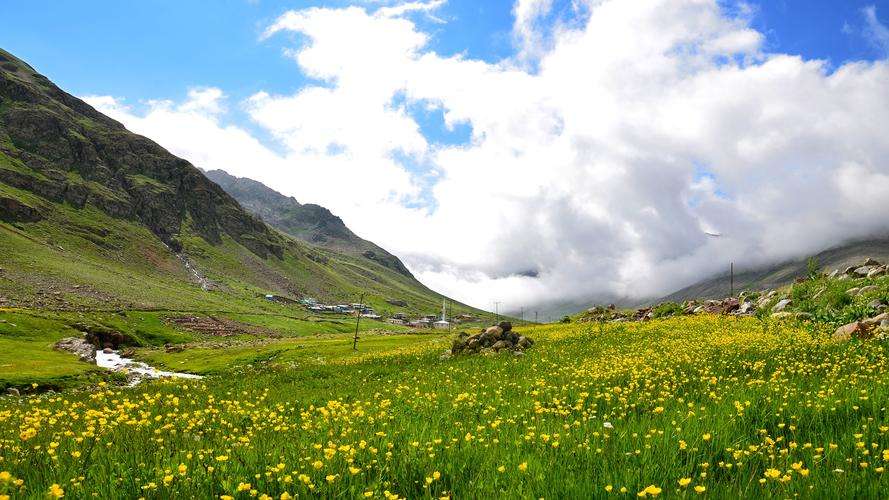The Earth is a vast and fascinating planet, full of wonders waiting to be explored. As the saying goes, there’s more to this world than meets the eye, and in this article, we’ll explore the many ways of gathering information about our home planet. From historical to scientific data, social to geographic, this comprehensive guide aims to offer you a detailed insight into the wonders of Earth.
History
History is one of the best ways to understand and appreciate the evolution of the world we live in today. Historical data, including diaries, memoirs, archives, and literary works, can help us piece together the puzzle of how society has progressed and evolved over the ages.
Archaeological sites, such as the pyramids, Stonehenge, and Machu Picchu, are living proof of what our ancestors created and achieved. Studying historical events and figures from different cultures and civilizations also helps us develop an appreciation for our diverse world.
Science
Science provides us with a profound understanding of the natural and physical world, including Earth itself. Gathering scientific information about Earth has allowed us to understand our planet’s history, how it works, and how human activities have affected it.
The study of natural disasters, climate patterns, and weather phenomena can help us predict and mitigate the risks associated with such incidents. With the use of advanced technology such as satellites and sensors, we can also monitor and track changes in the environment.
Society
Society has a profound impact on the planet we live in, both positive and negative. By gathering information on social trends, cultures, urbanization, and other social aspects, we can understand how society has evolved and how it interacts with the environment.
Documentaries, photography, and other forms of media can highlight important social issues, raise awareness, and inspire change. This helps create a supportive environment for conscious decisions that protect the earth. Programs highlighting conservation measures are always effective.
Geography
Geography offers us the background to better understand Earth’s physical attributes, topography, and environment. With topographical data, we can map out the earth’s continents, oceans, and terrains better, allowing us to better understand the planet’s composition. The data collected from research on glaciers, water tables, and ocean currents provide us with a clearer understanding of Earth’s relationship to other things and how it is affected by them.
Conclusion
In conclusion, exploring the wonders of Earth can be done using a plethora of sources. Collecting information from respectable historical, scientific, social, and geographic sources can help us better understand the world we live in and appreciate how it has evolved. Through this understanding, it is easier to make better decisions and protect our planet so that it can continue to flourish for generations to come.
(Note: Do you have knowledge or insights to share? Unlock new opportunities and expand your reach by joining our authors team. Click Registration to join us and share your expertise with our readers.)
Speech tips:
Please note that any statements involving politics will not be approved.
